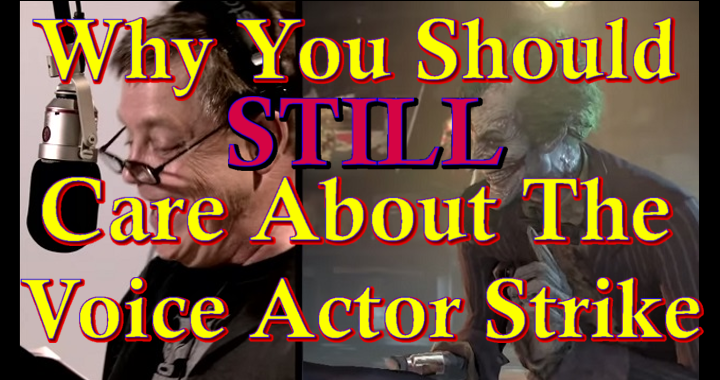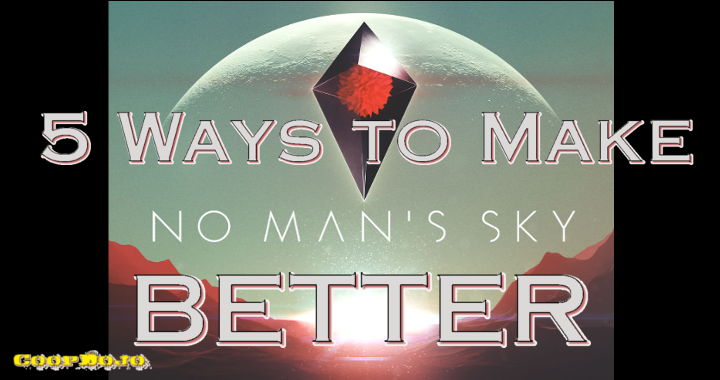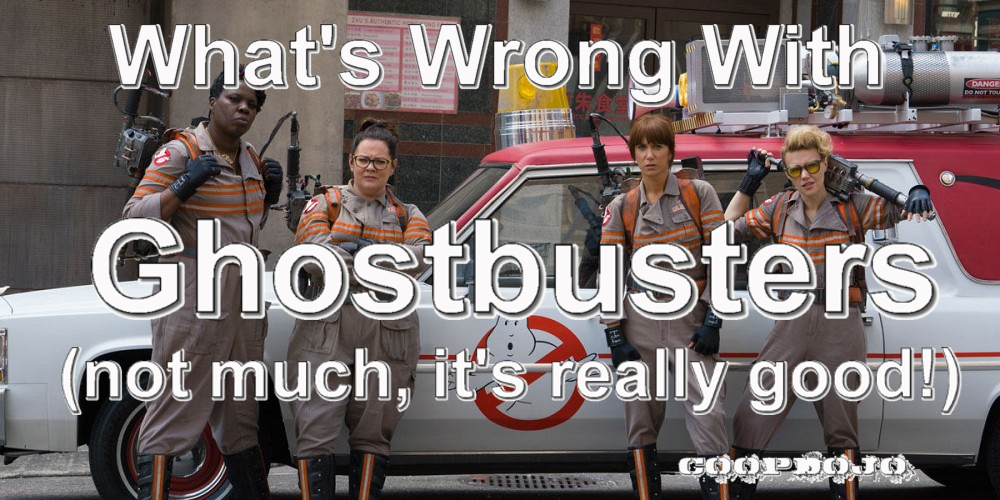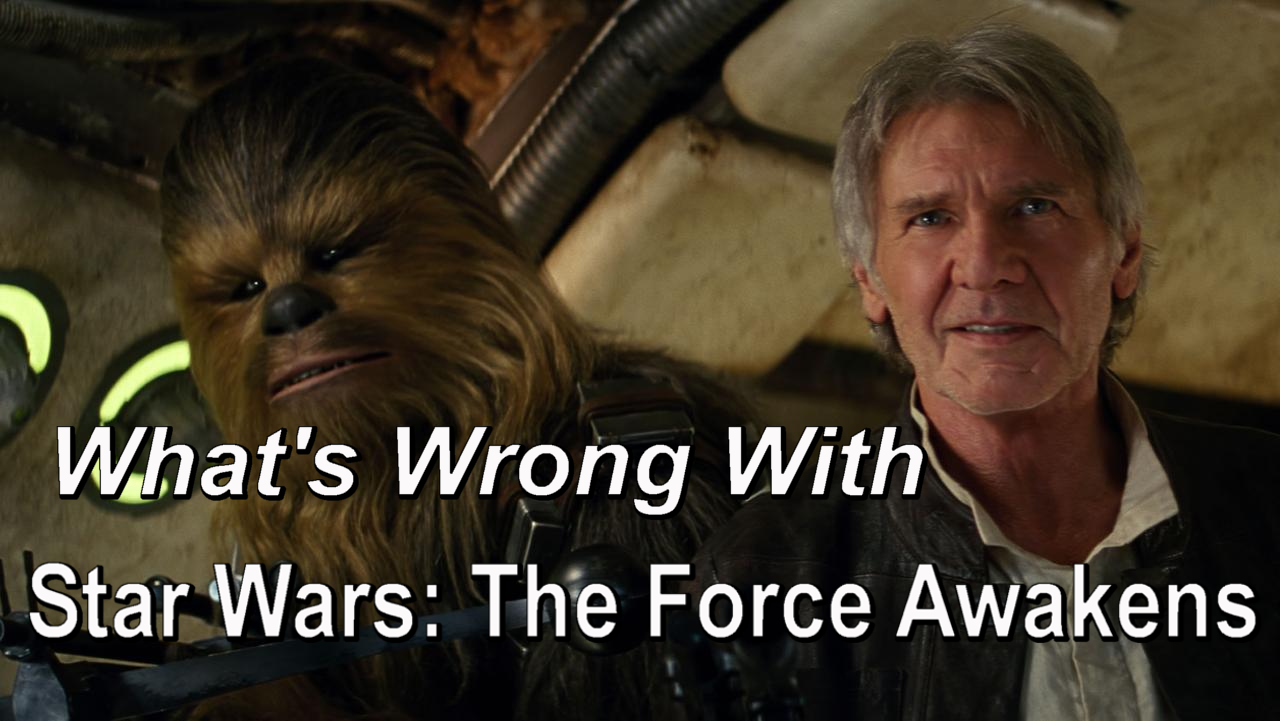
Why You Should (Still) Care about the Voice Actor Strike
If you follow gaming news at all you’ve no doubt seen reports of the imminent voice actor strike between prominent gaming talent and several major publishers (you know, mixed in with the non-stop press of Watch Dogs 2 or Call of Duty: Flash Gordon or whatever this one is).
We actually wrote about this a year ago when the news originally broke. Then we addressed the issues at stake and, objectively, it’s hard not to want to support the voice actors. Primarily they’re asking for backend revenue if their game does particularly well, some awareness of what game for which they’re recording (the fact many don’t is astounding to us), and better working conditions.

Damn good thing the Red Woman revived him back to relevancy – especially after Pompeii
Publishers of course lose out on revenue so we understand why they would resist this. They are quick to point out that voice actors make up a “tenth of 1 percent” of the talent behind the production of a game and therefore don’t have much room for negotiations.
For someone not part of the industry, it’s hard to have much an opinion about this. We understand the parallels to Hollywood where top actors have a direct correlation to ticket sales, but we don’t (yet) find ourselves necessarily drawn to a game because Nolan North is in it (perhaps because he’s in everything so we don’t have to look hard). Of course stunt casting like Kevin Spacey or, say, Nicolas Cage (come on, devs! Someone hire him for a game!) piques our curiosity but the workhorses like Jennifer Hale or David Hayter don’t have the same appeal.

He could star in literally anything and it would sell millions of copies – just sayin
We tend to believe the publishers in that the voice actors may not have much leverage for negotiation. Even if the demands seem reasonable we just don’t see publishers caving much more beyond their offer to marginally increase paid compensation. Gamers may suffer a bit as some games take longer to gestate with actors not working for a few months. Of course the voice actors and the rest of the crew behind a game (developers, QA, artists, producers, etc.) will also be impacted.
Perhaps the one silver lining to this whole thing is that it does put a spotlight once again on the relatively immature game development industry. I’m playing Owlboy right now and think it’s quite good but considering the game took 9 years of development the fact that I’m playing it all is abnormal. Due to the impossible task of trying to project manage a production like a game comprised of a younger crew of programmers or artists who are notoriously hard to manage on time, under budget, and meeting requirements, we get how so many games fail or never show up. We’re blown away to be playing Owlboy or the upcoming The Last Guardian as the story of prolonged development usually goes the way of Daikatana or Duke Nukem Forever.

If you never had the chance, just know it’s way worse than you can imagine
The fact that the voice actors are pointing out the insane revenue the top brass makes and how that doesn’t trickle down to the crew behind the game isn’t a bad thing. Voice actors alone aren’t getting short changed here. Everyone else in the production cycle also doesn’t typically benefit in revenue sharing models so. Sure, talented developers and designers can make good salaries but work is so volatile that their job is always at risk.
Successfully completing a game that sells well seems like such an accomplishment that rewarding those who did it from the ground up seems like a no brainer. The voice actors aren’t likely going to get that now, but the salary gap between the CEOs of these big publishers and everyone else underneath them isn’t sustainable. The entire video game production industry needs to mature and reward those who make quality products. The voice actors can lose this battle but they still have a chance to win the war.


